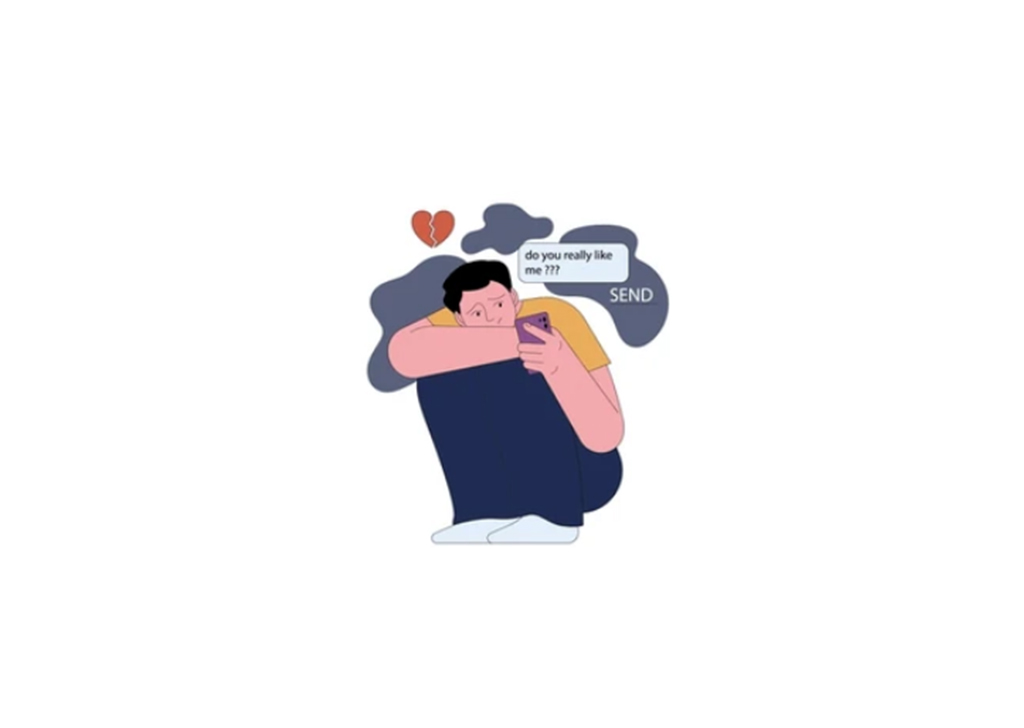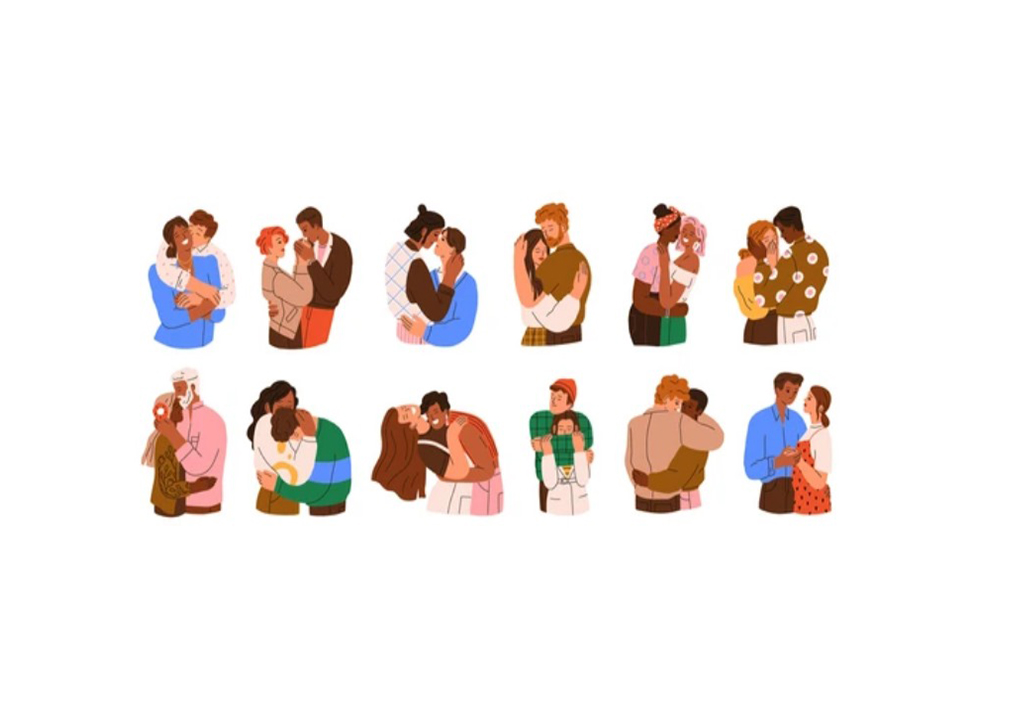What is fear of loss?
Fear of loss is the anxiety and fear that people feel about the possibility of losing things they value. This fear is often associated with the thought of losing loved ones, important relationships, material possessions, health, work or social status. However, the fear of loss is not limited to these examples; it can be experienced in many different areas, such as people's personal freedom, their future, their ability to control, their dignity or honor.
At the root of this fear is the human need for security. Evolutionarily, humans have an instinct to protect themselves against danger, and the thought of losing things they value is a reflection of this instinct. For example, when a person fears the loss of loved ones, this emotion often stems from a desire to protect relationships with loved ones. Similarly, someone who fears losing their job feels this fear out of a desire to protect their financial security and social status.
Fear of loss is often triggered by specific events or situations. For example, disagreements or break-ups in a relationship, uncertainty at work or health problems can increase people's fear of loss. Such situations can cause a person to lose a sense of control and face uncertainties about their future, which can trigger fear of loss.
Fear of loss often arises as a psychological and emotional response. There are many different strategies and approaches to deal with this fear. First, it is important to acknowledge this fear and recognize one's feelings. Then, various techniques can be used to cope with the fear of loss:
Mindfulness: Mindfulness exercises can be used to recognize and accept the fear of loss. These exercises can help a person to understand and accept their feelings.
Stress Management Techniques: Techniques such as deep breathing, relaxation exercises, meditation can be used to cope with stress. These techniques can help reduce anxiety and worry.
Emotional Regulation Skills: By developing emotional regulation skills, it is possible to manage the emotions associated with fear of loss. For example, the skills of identifying, expressing and responding appropriately can help with this.
Therapy and Counseling: Seeking professional support can also be effective in coping with fear of loss. A therapist or counselor can help a person understand their feelings, find their roots and develop healthy coping strategies.
Self-Care and Taking Care of Yourself: Self-care and self-care activities can help maintain one's overall health and well-being. Activities such as exercising, adopting healthy eating habits, engaging in hobbies and strengthening social support networks can be effective in reducing fear of loss.
In conclusion, fear of loss is part of people's lives and is a natural emotion. However, when this fear starts to negatively affect one's life or becomes extremely intense, it is important to seek professional support. Understanding and accepting one's feelings and developing healthy coping strategies can help to manage fear of loss.
Hashtags
fear of loss phobia attachment attachment relationship marriage lovers couple therapy emotions caring anxiety future love love therapy psychologist online therapy
Categories
Actual Depression - Fear - Panic Attack - Tics







